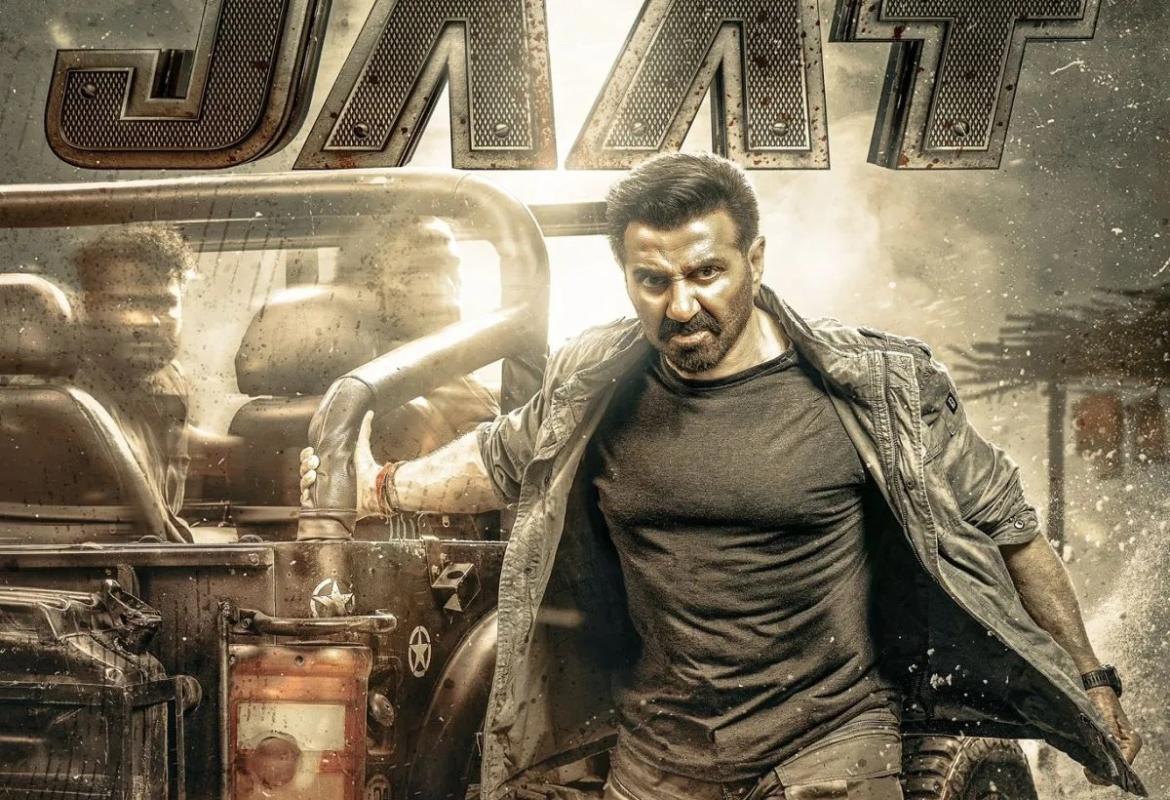If Sri Lanka really could be good, then why has it been so bad?
As Sri Lanka struggles to fend off a critical resolution at the UN Human Rights Commission, international pressure on Sri Lanka is coalescing on three key demands.
International actors are demanding that Sri Lanka implements reforms to usher in good governance, credibly investigates and prosecutes those responsible for war crimes and crimes against humanity and finally meets Tamil demands for meaningful self government.
While the substance of these demands is entirely reasonable and plausible, the presumption that Sri Lanka might somehow meet these expectations is not.
For if Sri Lanka really was capable of such enlightened behaviour then why has its post independence history been one of relentlessly escalating ethnic antagonism and brutality, culminating in the bloodbath of May 2009? What explains the ongoing militarised repression of the Tamil speaking regions?
The very need for such overt international insistence on measures that are patently necessary reveals precisely why all such pressure is futile.

